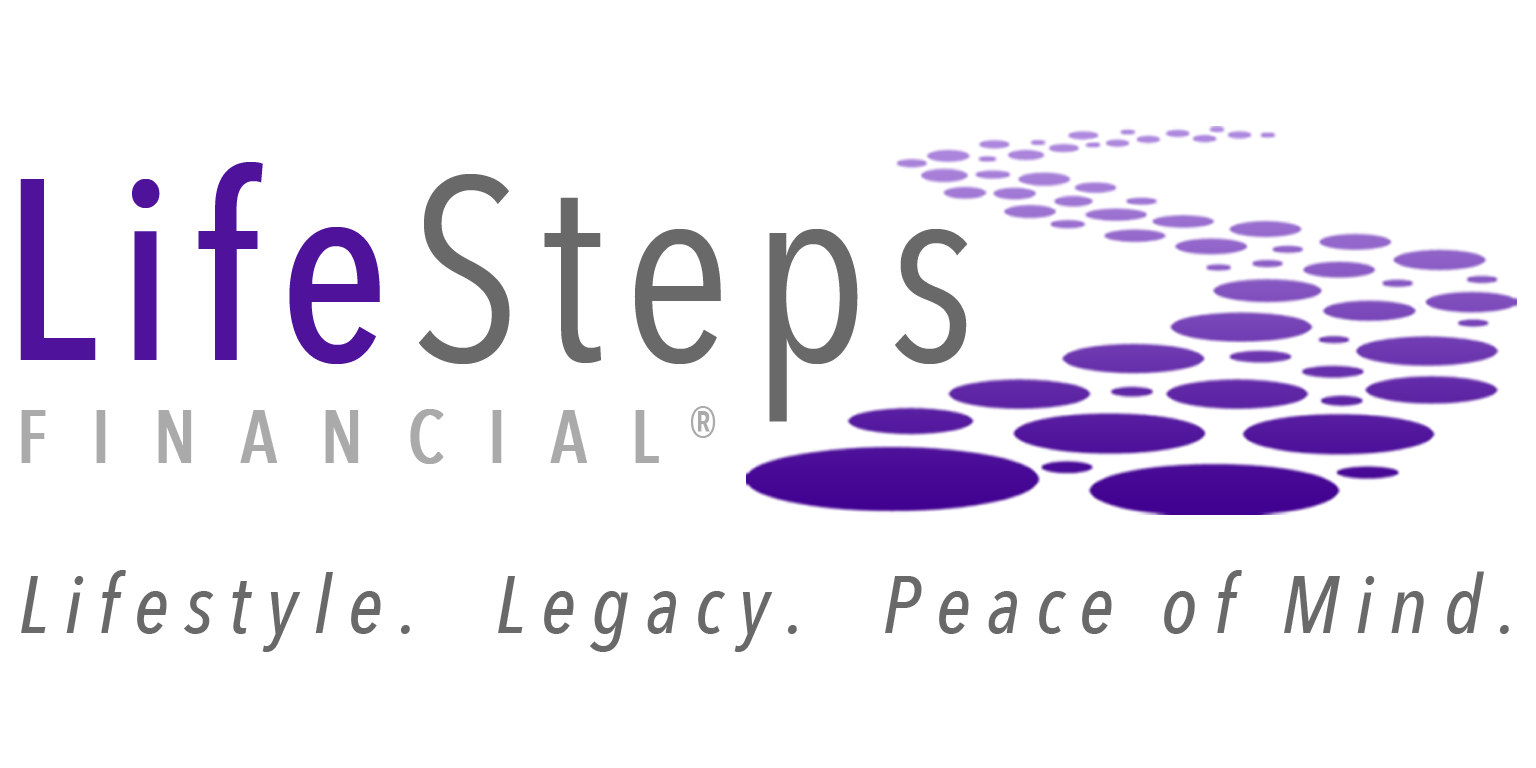 In the past few weeks, I have had several interactions with clients and advisors about business insurance. Unfortunately, the discussions were after losses occurred and required me to explain why there was no insurance coverage.
In the past few weeks, I have had several interactions with clients and advisors about business insurance. Unfortunately, the discussions were after losses occurred and required me to explain why there was no insurance coverage.
This has reminded me, again, that there is a great lack of understanding about what types of insurance coverage are needed for a business and what risks are (and are not) covered by various types of policies.
It would take far more than a short (or long) article to fully explain insurance. Fortunately, there are very qualified commercial insurance brokers who can help guide businesses in deciding what coverage is needed.
That said, here are different types of insurance which most businesses should at least consider having for their protection:
- Comprehensive General Liability (“CGL”) – This is usually what a business thinks of when the word “insurance” is mentioned – it is a broad policy that provides coverage and protects the organization from liability claims related to products, completed operations, premise and operations, and independent contractors. A CGL policy does not provide coverage for vehicle operations or (without riders) any of the other coverages described below.
- Vehicle Insurance – As the name implies, this covers the ownership and operation of vehicles owned or used by the business and its employees.
- Worker’s Compensation Insurance – This provides coverage and benefits to injured employees, no matter who was at fault for the injury. Worker’s Compensation Insurance is generally mandatory for all businesses.
- Employment Practices Liability Insurance (“EPLI”) – This insurance provides coverage to employers against claims made by employees alleging discrimination (based on sex, race, age or disability, for example), wrongful termination, harassment and other employment-related issues. EPLI does not cover statutory violation claims, such as wage and hour violations.
- Directors and Officers Insurance (“D & O”) – This is liability insurance for the directors and officers of a company or the organization itself, as indemnification (reimbursement) for losses or advancement of defense costs in the event an insured suffers such a loss as a result of a legal claim.
Here is a scenario to consider:
Suppose, for example, that you are President of Disappearing, Inc., a California corporation. X, a corporate employee, has been harassing Y, another corporate employee. An investigation begins, and X, outraged at what he calls “fake news” about his behavior and his termination, sets fire to the investigation report and throws it on his office floor, burning his leg in the process, then storms out, gets in his company car, and a block away, collides with pedestrian Z, causing severe injuries.
The fire causes over $100,000 in damages to the facility. Within a day later, lawsuits are filed against the corporation by X for wrongful discharge, by Y for harassment (against both the corporation and you as President of the corporation and all of the Directors) and by Z for the automobile accident injuries. X also files a worker’s compensation claim for his burns and for his stress.
Will any one of the above insurance policies provide coverage against these claims? Obviously not, but it is likely that the CGL policy will pay for the fire damage, the Worker’s Compensation policy will address the claims of X for his burns and stress, the EPLI insurance will defend against the harassment claims by Y (as to the corporation and you as President) and the D & O policy will cover both you and the Directors (with some overlap).
Note also that if you don’t have the coverages you need, the policies you do have will contain exclusions from coverage which can be devastating. For example, a CGL policy likely won’t cover a sexual harassment claim. For these reasons, it is well worth sitting down with your agent and either confirming that you have all the coverage you need or adding what is missing.
On a side note: I am often surprised how often I encounter situations where the insurance agent for a business is not proactive in discussing the additional forms of coverage available. I also encourage business owners to ask questions about coverage just to be sure nothing is missed.
Here are the most come types of insurance to consider. Keep in mind that your business, depending on its nature, may also want to consider other, more specialized forms of coverage including Cyber Insurance (covering data theft and other breaches), Product Liability (if you are a manufacturer or a distributor) and Professional Liability (if you are in a professional occupation). Be sure your insurance agent knows and understands your business so he or she can help you to make sure that all of your likely risks are covered.
Hopefully, insurance is just that…insurance. Having the safety net can provide one less thing to worry about when running a business.
Brian Reider
Managing Partner
Best, Best & Krieger
Ontario, CA






